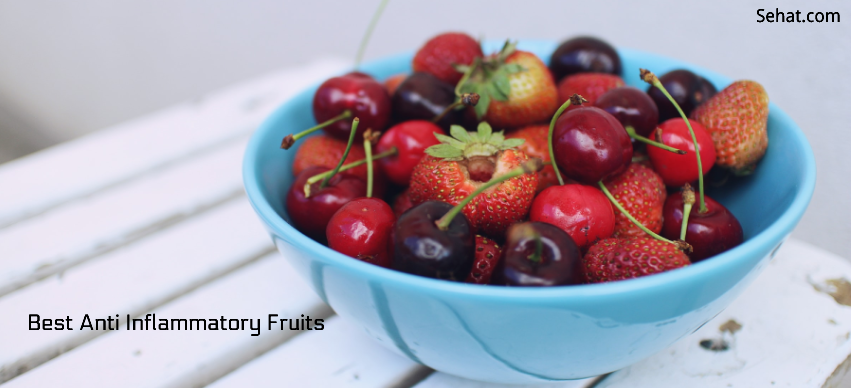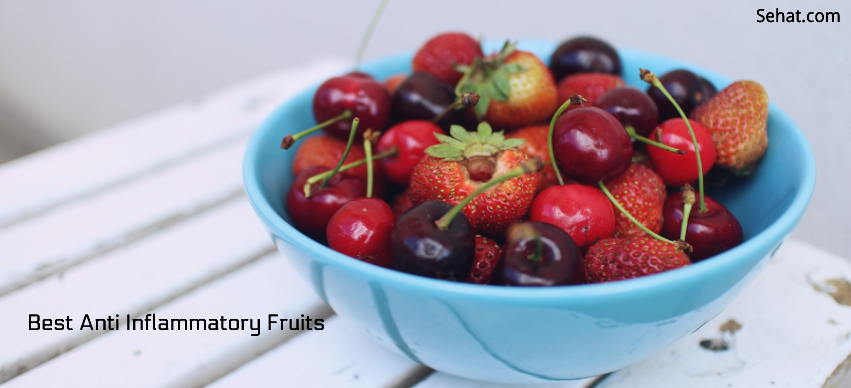What is Tempeh? Nutrition, Health Benefits, How to eat
4 Min Read


Inflammation is an essential part of the healing process of the body. It occurs when the inflammatory cells reach the site of infection, injury or when a foreign body like bacteria enters the body. If inflammatory cells stay too long on the spot of the disease, it may lead to chronic inflammation. There are several anti-inflammatory fruits and veggies. Some anti-inflammatory fruits are very rich in antioxidants and other chemicals that help reduce inflammation in the body. There are also some anti-inflammatory fruits for the lungs that help lower lung inflammation. These fruits help in decreasing the inflammation in the body.
Following are some of the best anti-inflammatory fruits:
One cup of strawberry extract provides a significant amount of vitamin C. Getting an appropriate amount of vitamin C is very important for the proper functioning of the immune system. It also stops the free radical from damaging the cells and prevents it from triggering the new inflammation.
There are several anti-inflammatory fruits that have the potential to reduce inflammation and reduce oxidative stress by managing free radicals. The anti-inflammatory fruits list includes grapes, avocado, pomegranates, oranges, and walnuts.